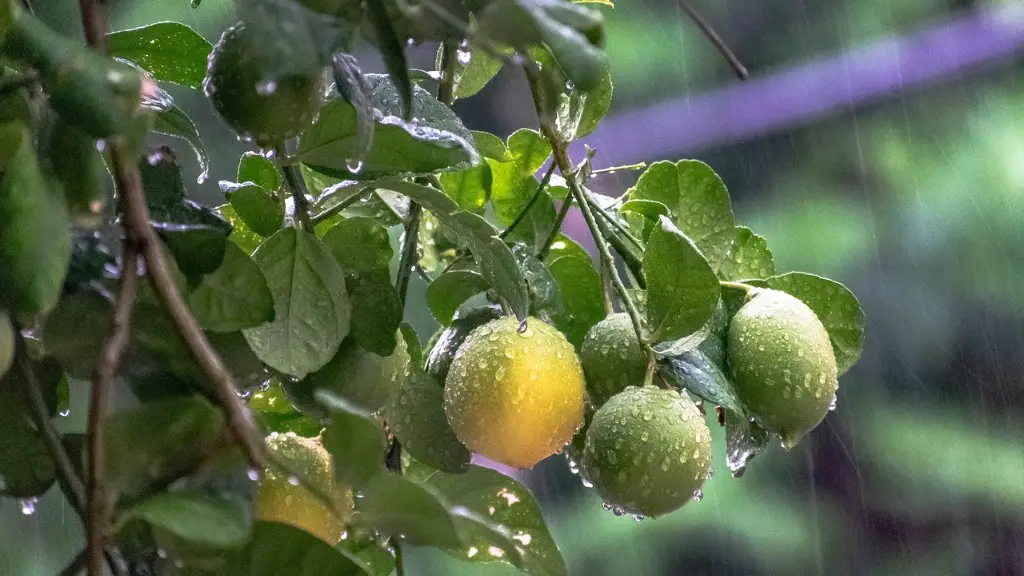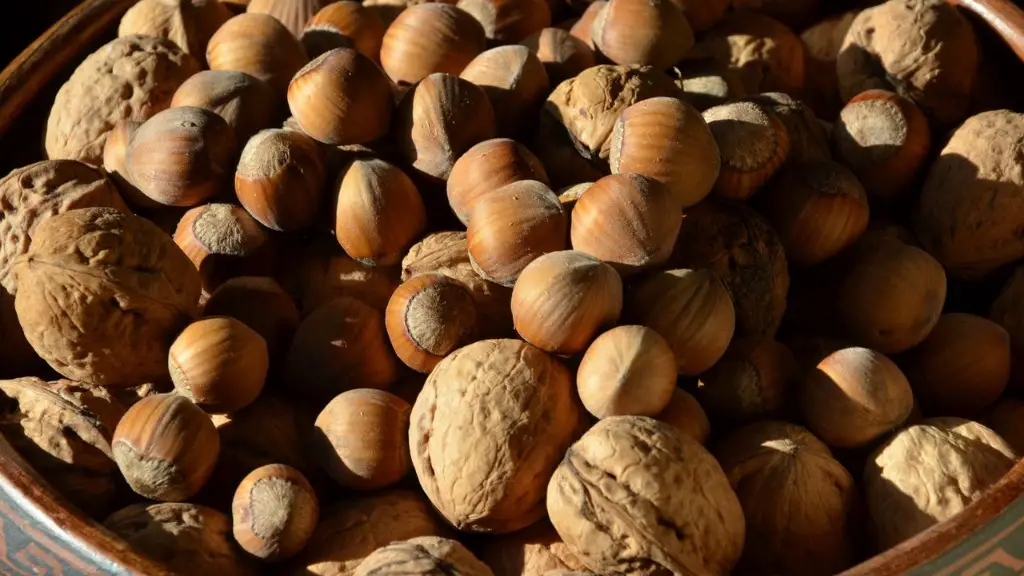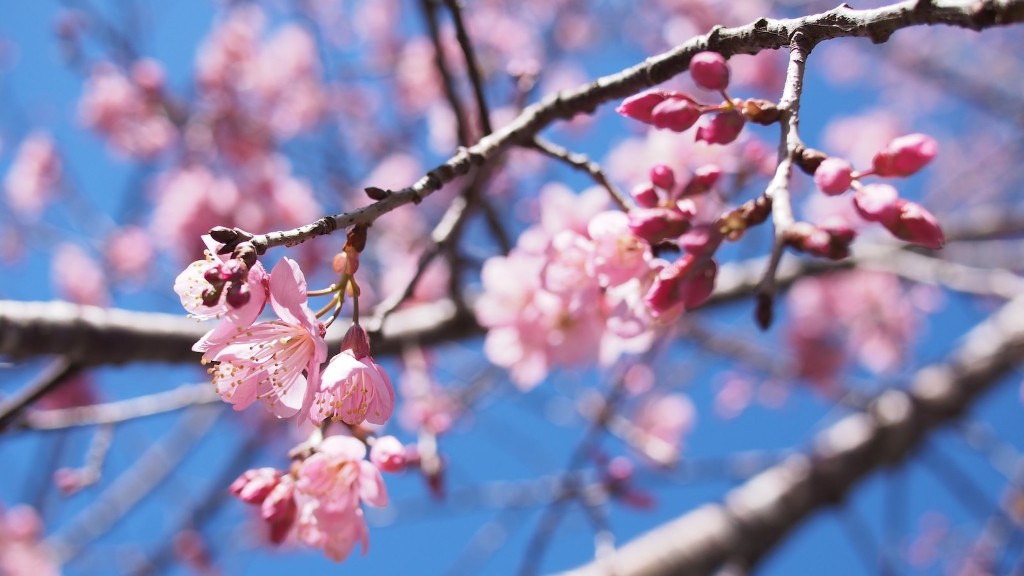When it comes to growing lemon trees, it’s important to select the right variety. Many people are unsure of which type of lemon tree to choose, and the answer will depend on several factors. The best lemon tree for you to grow depends on your climate, the size, and your preferences for taste and usage.
There are two main types of lemon trees; acidic lemons and sweet lemons. The acidic types are more common and are grown primarily for the tart flavor. They have thin skin and the majority can be harvested off the tree when they are a bright yellow. Popular acidic lemons are the Meyer and Eureka varieties. The Meyer is a hybridized lemon tree and produces excellent quality fruits. It is less cold tolerant and prefers warmer climates. The Eureka is a classic lemon with thicker skin and a sharper taste. It is also more cold tolerant.
If you want a sweet lemon tree, the best choice is the Lisbon lemon tree. This type of lemon is known worldwide for its large and juicy fruits. It has a thin-skinned rind and a sweeter flavor that can be used in jams, desserts, and more. The tree is more cold tolerant, making it a great option for areas with shorter growing seasons.
When selecting the right lemon tree, site selection and climate are important considerations. Many lemon trees do best in mild climates, with a lot of sun and light. Make sure to select a location for the lemon tree that has well drained soil and preferably is sheltered from strong winds. When planting, be sure to space the trees properly and water them often when first planting to help the roots take hold.
Another important factor to consider when planting a lemon tree is care and maintenance. Lemon trees require regular pruning and fertilizing to produce healthy fruits. Prune back excess growth during summer months to allow for better air circulation. This will reduce the risk of pest and Diseases. Also, the tree should be fertilized before the growing season to make sure they are receiving the necessary nutrients to reach their fullest potential. Lastly, water your tree thoroughly throughout its growth season.
Growing Conditions
The best way to choose the right tree for you is to consider the growing conditions. Different lemon trees require different levels of sun and temperature, so be sure to select one that works best for your climate. Many types of lemon trees are cold hardy, while some are not. Consider if the tree can withstand temperatures below freezing in areas with cold winters. Also, if you will be growing the tree indoors, make sure to select one that is suitable for container growing.
In general, acidic lemon trees prefer warmer climates, while sweet lemon trees can tolerate colder temperatures. Also, acidic lemon trees are more drought tolerant than sweet lemon trees. Make sure to select a variety that you feel confident about growing in your area!
Pest Control
Finally, it’s important to consider pest and disease control when selecting a lemon tree. Some types of lemon trees are more prone to pests and diseases than others. Be sure to research the variety to make sure it’s suitable for your area. Inspect the tree often for signs of pests and diseases, such as yellowing or wilting leaves, webbing, or sap. If you find any, use a pesticide or organic spray for pest control.
Keeping your lemon tree properly pruned, fertilized, and watered will also help keep pests and diseases away. Clean up leaves and debris around the tree to prevent insects from snacking on its foliage. Regularly inspect the lemon tree for any signs of infestation to ensure its health and vigor.
Harvesting and Storing
Lemon trees produce fruits over a range of times depending on the variety, with some types taking up to a year to produce. The fruits should remain on the tree until they are a bright yellow. If harvesting for juicing, lemons should be picked two weeks prior to fully ripening. When storing, lemons can be placed in a refrigerator for up to two weeks or kept on the counter for up to a week.
Lemon trees can be a great addition to any home garden, provided that the right variety is chosen. With the right climate and care, a lemon tree can provide you with an abundance of fresh lemons for years to come. Selecting the right one for you and your garden will ensure that you get a tasty crop!
Conclusion
The best lemon tree for you to plant depends on your climate, desired size, and flavor preferences. Acidic lemons are preferred by most people and are great for adding a tart flavor to dishes. The Meyer lemon tree is a hybridized variety and produces excellent quality fruits for juicing or baking. For sweet lemons, the Lisbon variety is a great choice. When planting, make sure the site is suitable and adequately spaced. Additionally, lemon trees should be pruned and fertilized regularly, and kept free of pest and diseases with proper care.


